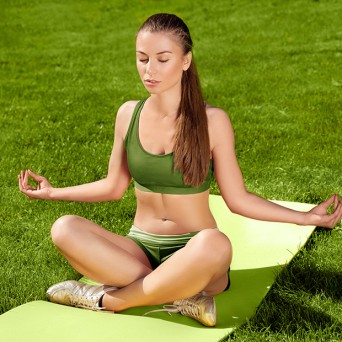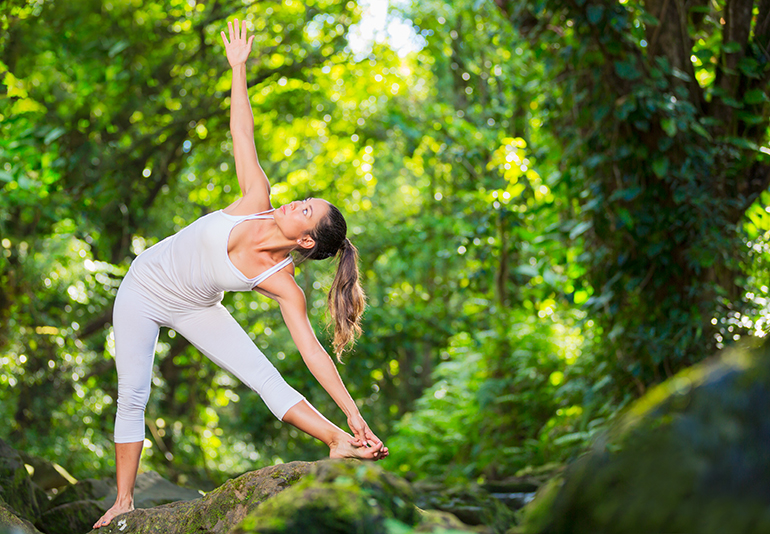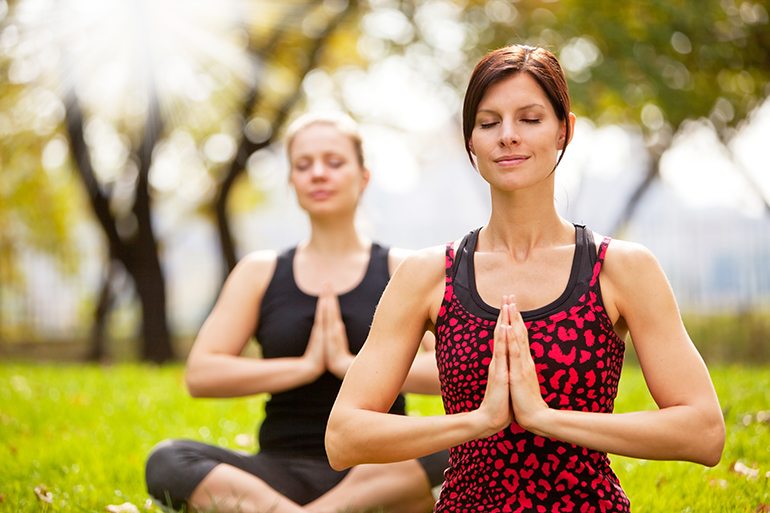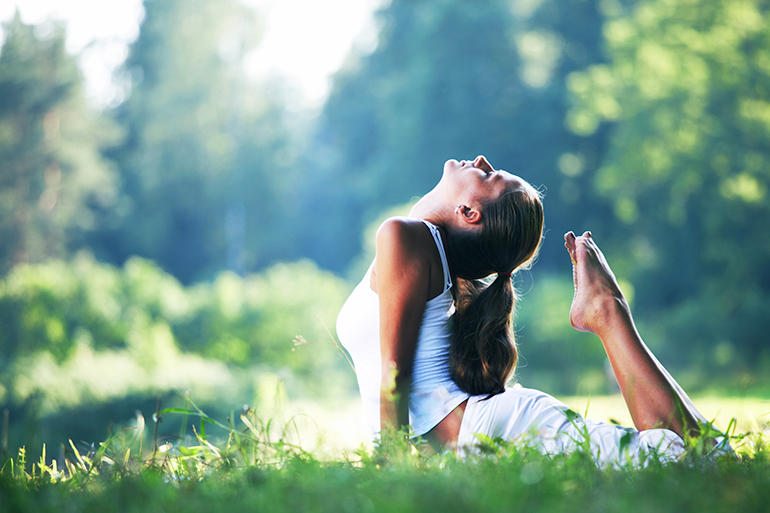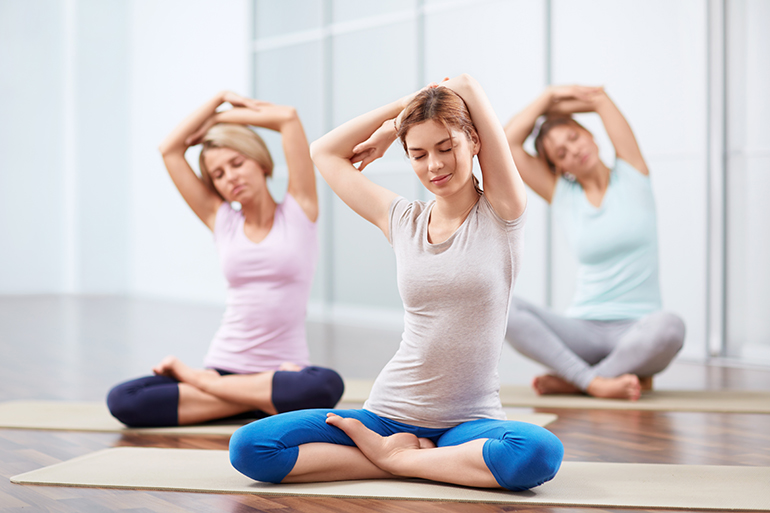According to many studies, yoga facilitates healthy aging. It can positively affect the heart, nervous system, brain and skin – turning back the effects of time. In comparison with medications, medical appointments and surgeries, yoga is both inexpensive and effective.
Can Yoga truly be the fountain of youth?
In yogic philosophy, there is a belief that each of us is born with only so many breaths to take. Once those breaths have been taken, we die. This correlates with what we know about stress-related illnesses. When we undergo ongoing and chronic stress, we tend to breathe more quickly, more shallowly, and use more of our accessory breathing muscles (chest, shoulders and neck). In other words, we are using up a lot of our allotted breaths very rapidly.
This ages the body, moving us toward death more quickly.
Aging is also associated with changes in the
nervous system and brain that decrease cognitive performance and may eventually cause dementia. One study found that yoga could reverse age-related degeneration affecting the heart, brain and nervous system, restoring them to “normal or near-normal levels of function.”
According to this study, participants who practiced yoga
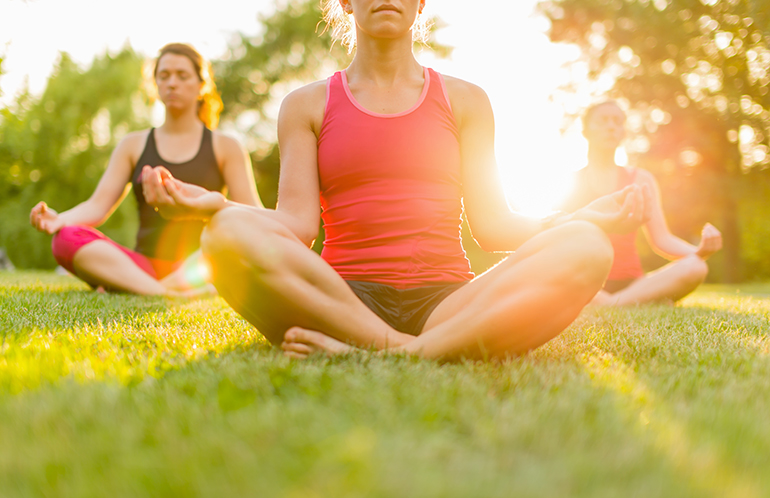
improved their heart health and displayed more balanced levels of brain activity and hormones, including reduced levels of cortisol and epinephrine (often called stress hormones).
Yoga has been shown to improve cardiometabolic function, as well. Yoga can increase levels of a protein called “brain-derived neurotrophic factor” which affects memory, brain plasticity and mood. Low levels of BDNF are associated with lowered cognitive functioning, as well as depression, dementia and even Alzheimer’s disease.
A separate study looked at skin appearance as a primary indicator of aging. It found that the effects of both asanas (postures) and pranayama (breathing exercises) have been shown to correlate with a reduced inflammation response and improved metabolic function of cells and tissues, including skin’s appearance.
Tao Porchon-Lynch was the world’s oldest yoga instructor. She was born on August 13, 1918 and, at the writing of this article (2015), was still a practicing yoga teacher. She has been practicing yoga on a regular basis since she was a youth (although many studies suggest that yoga can improve one’s health no matter how old they are when they take up the practice). She died at February 21, 2020 at the age of 101. When you see pictures of Tao, she is a beautiful woman who definitely does NOT look her age and is photographed taking challenging poses such as “scales.”
If yoga is Ms. Porchon-Lynch’s fountain of youth, it can also be yours! When will you choose yoga as a way to build and maintain excellent health?
- Dimitris Papapetrou is the founder and master teacher at Yoga Europe School, Nicosia & Limassol, Cyprus. He has lead more than 54 teacher trainings and has several highly skilled and qualified assistants to give the 200hrs, 300/500 hrs, Kids, Pregnancy, Aerial Yoga Teacher trainings a wide variety of expertise. For more information, call (+357) 7000 8018 or visit www.Yoga-Europe.com.

